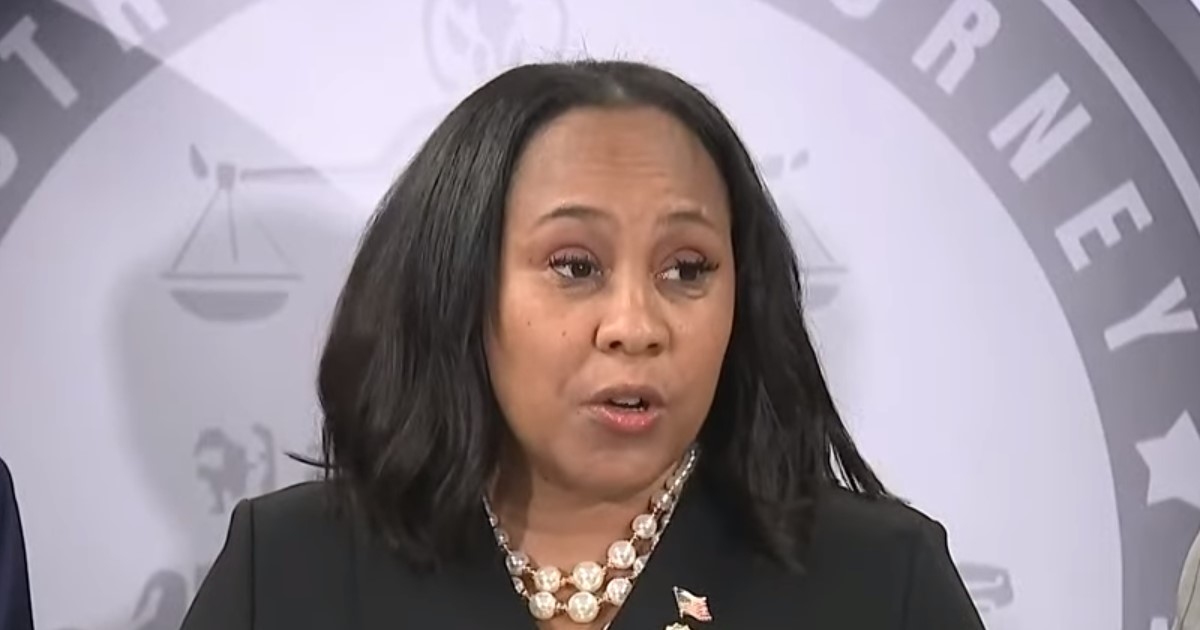Texas Supreme Court rules judges won't face sanctions for refusing to officiate same-sex weddings
Religious liberty and the freedom from being forced to act in ways that violate one's sincerely held beliefs are fundamental in this country, particularly in Texas, and that was just strongly reinforced by the Lone Star State's highest court.
Last week, the Texas Supreme Court announced that state judges and justices of the peace will not face disciplinary measures if they refuse to officiate weddings for same-sex couples, according to The Hill.
That came via an alteration to the state's Judicial Code of Conduct, which in turn stemmed from a lawsuit filed by a county judge who feared that he would face punishment if he chose to officiate only opposite-sex marriages but not same-sex unions.
Code clarification issued
Last Friday, the Texas Supreme Court issued an order to add a clarifying comment to Canon 4 of the Texas Judicial Code of Conduct, which is the section that addresses extra-judicial activities by the state's judges and justices of the peace.
The comment simply stated, "It is not a violation of these canons for a judge to publicly refrain from performing a wedding ceremony based upon a sincerely held religious belief."
In other words, if a judicial official sincerely believes that officiating a same-sex marriage would violate their religious beliefs, they will not face any sanction from the government for declining to do so.
Sanctions and lawsuits
According to The Texas Tribune, this all started in the aftermath of the U.S. Supreme Court's Obergefell v. Hodges ruling in 2015 that essentially legalized same-sex marriages nationwide, which prompted Waco Justice of the Peace Dianne Hensley to refuse to officiate same-sex weddings, even as she continued to officiate opposite-sex unions.
That earned Hensley a reprimand in 2019 from the State Commission on Judicial Conduct, in that her refusal could cast doubt on her appearance of impartiality, which led to her filing a lawsuit under the Texas Religious Freedom Restoration Act, which is still ongoing even after the commission withdrew its 2019 sanction.
The situation resulted in a separate lawsuit filed in 2020 by Jack County Judge Brian Umphress, who similarly wanted to only officiate opposite-sex weddings because of his religious beliefs but feared that he would face punishment by the state for violating the code of conduct.
Initially dismissed by a federal judge, Umphress' suit was revived on appeal by the 5th Circuit, which asked the Texas Supreme Court to clarify the code and remove any doubts about what was and was not permitted.
Notably, the Texas Supreme Court's move didn't necessarily answer the question posed by the federal appellate court, but it does appear to settle Umphress' suit.
Texas judges can freely exercise religious beliefs
Both The Hill and The Tribune reported that some legal analysts and LGBTQ advocates expressed concerns that the Texas Supreme Court's code clarification could violate the Constitution's Equal Protection Clause.
Others have countered, however, that same-sex marriages aren't outlawed and couples who get rejected by a judge or justice of the peace with sincerely held religious beliefs can always find another official without such beliefs to preside over their union.
Now, going forward, every judge in Texas will enjoy the freedom Judge Hensley has fought so hard for in her case," First Liberty Institute's Hiram Sasser, who represented Hensley in her suit, told The Tribune. "As for her case specifically, this amendment melts away the reasons the Commission relied on to punish Judge Hensley."






